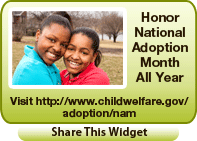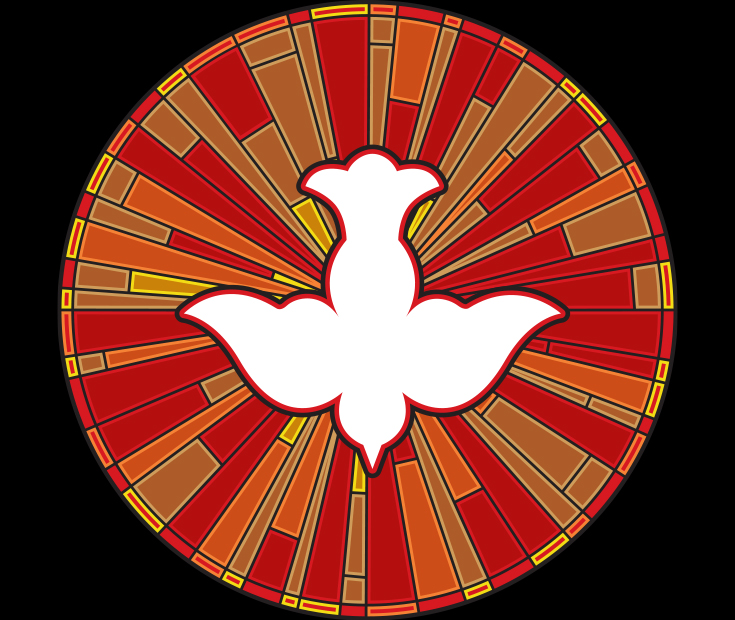The Presbyterian Child Advocacy Network welcomes those involved in ministries of education, direct service and advocacy for children. The network strives to extend the Baptismal embrace by lifting up the needs of children in the church, the community, nation and world. The Presbyterian Child Advocacy Network recognizes the unique nature of its work and is committed to the safety and welfare of every child. All of the issues addressed by the other nine PHEWA networks impacts children and, because of the powerlessness of children, impacts them even more severely than the adults in their lives. In addition to the links and resources provided here, check out the resources available on other network pages because they apply to our children as well.
Resources and Articles
Resources from the PHEWA Community
Creating a Child-Safe Church: We Won’t Let It Happen Here
A Project of the Presbyterian Church (U.S.A.) and the Presbyterian Child Advocacy Network (PCAN)
The 220th General Assembly (2012) in Pittsburgh, PA, passed Overture 11-16, directing the Presbyterian Mission Agency “to create a new resource concerning safe child measures in the Presbyterian Church (U.S.A.) that can be available for presbyteries and individual churches;” and to “create sample safe child policies that would be available online for use in presbyteries and individual churches as a resource for developing their own safe child policies.” With profound appreciation for the work of Lois Rifner, Ph.D and Susan Keil Smith, MA, in the creation of the original “We Won’t Let it Happen Here,” the writing team assembled by the Presbyterian Child Advocacy Network, under the direction of the Presbyterian Mission Agency, has updated and revised its information. | Download resource
“And How Are The Children?” Election Year Congregational Resource
As election season swings into gear, you are encouraged to download this document which invites candidates and church members alike to look at the issues and their own records through the lens of child advocacy. Take action by forwarding it to those who might be planning candidate forums; use it in your own interactions with candidates; use it to assist your mission committee in future planning. However you decide to utilize it, it is PCAN’s gift to the Church, the children, and you. Encourage your friends and colleagues to support the ministry of the Presbyterian Child Advocacy Network, and to stay connected with us through membership in PHEWA and PCAN and the other intersecting networks of PHEWA. | Download resource
Child abuse awareness materials
Child abuse is usually not just one physical attack or a single instance of failure to meet a child’s most basic needs, although it may be. Usually it is a pattern of behavior taking place over a period of time. It involves intentional acts committed by a parent, caregiver or person in a position of trust who threatens to harm or harms a child’s physical or emotional welfare. Child abuse and neglect cut across all ages, races, genders, creeds and socioeconomic groups. It is a violation of the covenant that we have to care for the “least of these.”
Definitions
Physical Abuse
- includes such acts as shaking, beatings, burning, scalding, strangulation and kicking, for example.
Neglect
- is the withholding of or failure to provide a child with the basic necessities of life: food, clothing, shelter, medical care, proper hygiene, education and age appropriate supervision. It also includes ignoring a child’s need for contact, affirmation, stimulation and emotional nurture.
Sexual Abuse
- involves exploitation of a child for the sexual gratification of an adult or a person with power over the child. Behaviors include sexualizing interactions, exhibitionism, fondling, exposing children to pornography and intercourse.
Emotional Abuse
- is a pattern of behavior that attacks a child’s emotional development and self-esteem. It includes close confinement, verbal assault, rejection and the withholding of adequate love, support or guidance.
- Statistics
- Every 35 seconds, a child is abused or neglected in the United States.
- Of those who suffer abuse
- 63.2 percent are neglected
- 18.9 percent are victims of physical abuse
- 9.9 percent suffer sexual abuse
- 4.9 experience emotional and psychological abuse.
- Young children are the most at risk for being abused and neglected.
- Both child maltreatment and domestic violence occur in an estimated 30 to 60 percent of families where some form of family violence occurs.
- Estimates of the numbers of children who witness family violence are in the millions. (Children’s Defense Fund)
National Observance of Children’s Sabbath | October 23, 2016
The national observation of Children’s Sabbath, sponsored annually by the Children’s Defense Fund (CDF), is “a way for faith communities to celebrate children as sacred gifts of the Divine, and provides the opportunity for houses of worship to renew and live out their moral responsibility to care, protect, and advocate for all children.” PHEWA’s Presbyterian Child Advocacy Network (PCAN) invites you to join thousands of churches, synagogues, mosques, temples, and other faith communities across the country in this celebration by holding a community-wide interfaith special worship service or a special worship service in your place of worship- add educational programs, and advocacy activities to engage people of faith in improving the lives of children and their families in your community, state, and in our nation.
Children’s Sabbath resources from past years
- 2015 Christian Worship Resources for the Children’s Sabbath
- 2014 Precious in God’s Sight: Answering the Call to Cherish and Protect Every Child
- 2014 Christian Worship Resources for the Children’s Sabbath
- 2014 Daily Devotions for the Children’s Sabbaths
- 2013 Beating Swords Into Plowshares: Ending the Violence of Guns and Child Poverty
- 2013 Christian Worship Resources for the Children’s Sabbath
- 2013 Daily Devotions for the Children’s Sabbaths
- 2012 Pursuing Justice for Children and the Poor with Urgency
- 2012 Christian Worship Resources for the Children’s Sabbath
- 2012 Daily Devotions for the Children’s Sabbaths
November is National Adoption Month
 The month of November has been observed as National Adoption Month for the past nineteen years, by proclamation of the President of the United States. It is an initiative of the Children’s Bureau, within the U.S. Department of Health and Human Services, supported through AdoptUSKids and Child Welfare Information Gateway, members of the Children’s Bureau Training and Technical Assistance Network. This partnership provides valuable resources and technical assistance to raise public awareness about the need for foster and adoptive families for children in the public child welfare system; and to assist U.S. States, Territories, and Tribes to recruit and retain foster and adoptive families and connect them with children.
The month of November has been observed as National Adoption Month for the past nineteen years, by proclamation of the President of the United States. It is an initiative of the Children’s Bureau, within the U.S. Department of Health and Human Services, supported through AdoptUSKids and Child Welfare Information Gateway, members of the Children’s Bureau Training and Technical Assistance Network. This partnership provides valuable resources and technical assistance to raise public awareness about the need for foster and adoptive families for children in the public child welfare system; and to assist U.S. States, Territories, and Tribes to recruit and retain foster and adoptive families and connect them with children.
